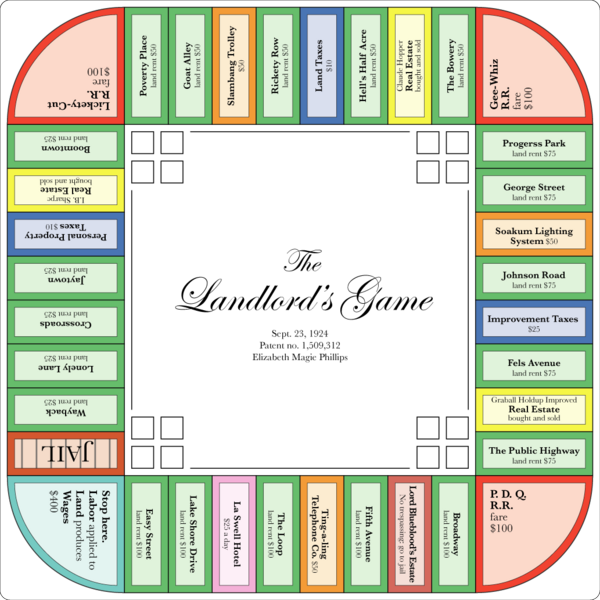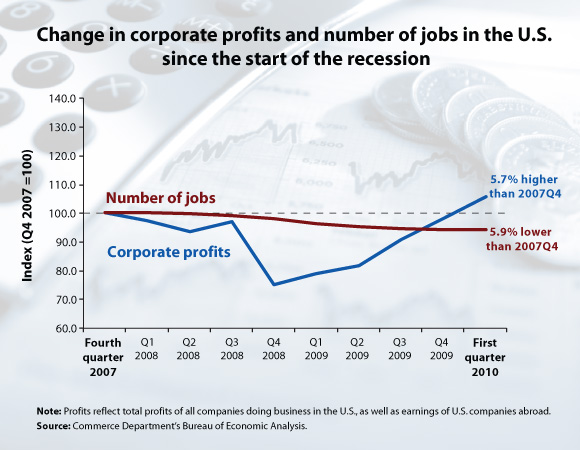Last month the cast of Jersey Shore rang the opening bell at the New York Stock Exchange (NYSE). The public responded negatively. Says one snarky observer on the NYSE’s Facebook page:
The kids of the Jersey Shore rang the opening bell at the New York Stock Exchange this week. In a related story, civilization is down 500 points.
The trouble, it seems, comes from the weirdness of bringing together trivial-and-fake-“reality”-stars with the very-important-and-really-real-U.S.-financial-market.
Economic sociologist Brooke Harrington, however, thinks the two are less incongruent than they seem. She writes:
I’d like to suggest that what seems so wrong with that picture of Snooki and company ringing the opening bell actually makes a lot of sense sociologically. If this meeting of worlds—entertainment and the stock market—seems strange, it may be because we’re so used to regarding the markets as “real,” rather than as a performance (or even as entertainment in their own right).
Markets, she explains, aren’t “more ‘real’ than ‘reality TV.'” Instead, both the characters on Jersey Shore and markets are playing themselves. The reality show stars respond to expectations of “Guido” and “Guidette” personalities. Likewise, the market responds to economists whose predictions often create the very reality that they anticipate.
Harrington brings in a fancy concept:
Both are engaged in producing what French sociologist and cultural theorist Jean Baudrillard calls “the simulacrum:” a copy without an original, a pretense that replaces and ultimately negates “reality” so successfully that we no longer care about what is real.
She finishes:
Theorized through this lens, the image of the Jersey Shore cast ringing the opening bell at the NYSE persists in memory not because it is represents a collision of worlds, but because it brings together two genres of performance whose entertainment value depends on their purported “reality.”
Lisa Wade, PhD is an Associate Professor at Tulane University. She is the author of American Hookup, a book about college sexual culture; a textbook about gender; and a forthcoming introductory text: Terrible Magnificent Sociology. You can follow her on Twitter and Instagram.










